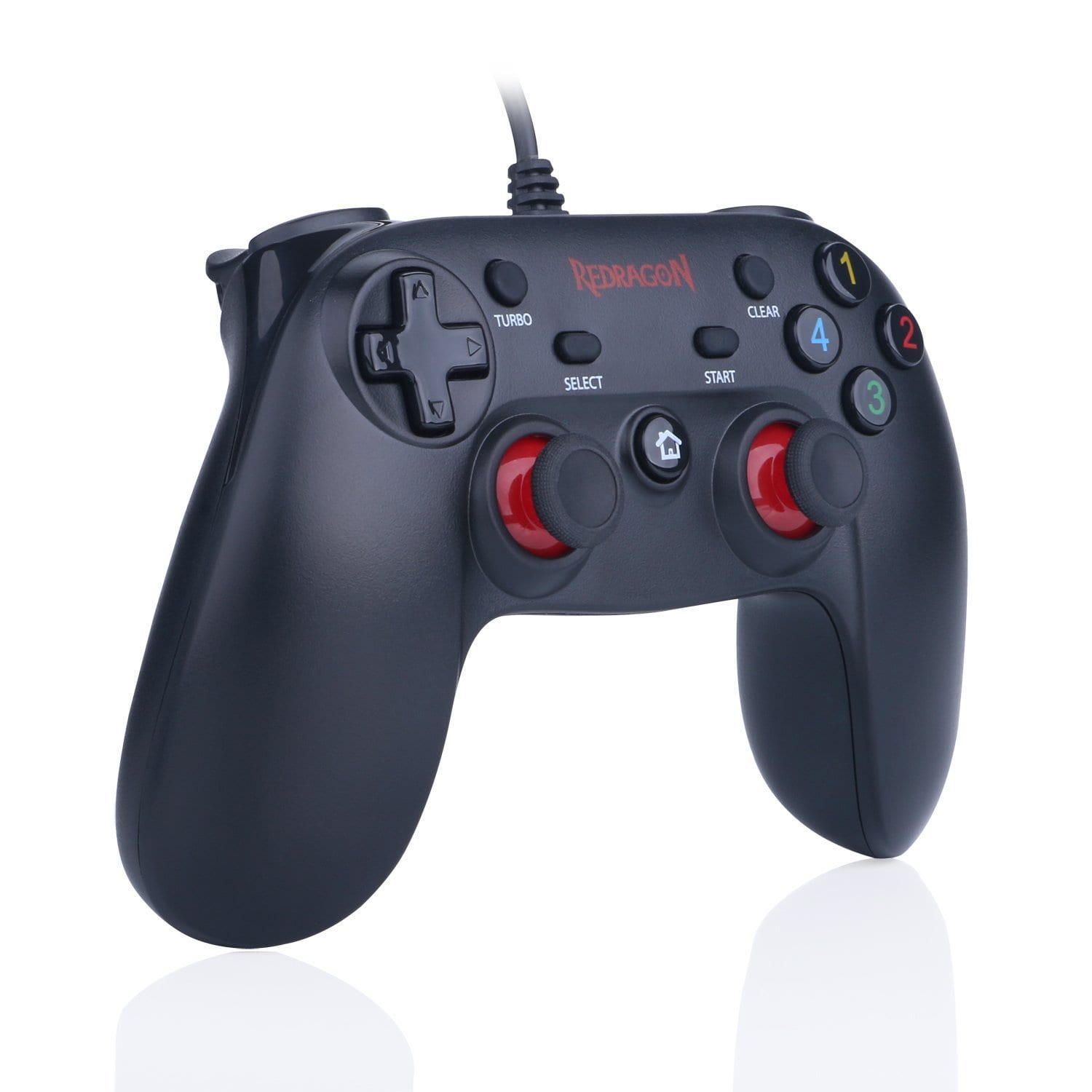
Controller
Controller definition, an employee, often an officer, of a business firm who checks expenditures, finances, etc.; comptroller.
What Is a Controller?
A controller is an individual who has responsibility for all accounting-related activities, including high-level accounting, managerial accounting, and finance activities, within a company. A financial controller typically reports to a firm's chief financial officer (CFO), although these two positions may be combined in smaller businesses. The duties of a controller include assisting with the preparation of the operating budgets, overseeing financial reporting and performing essential duties relating to payroll.
The controller has many tasks which might include preparing budgets and outlines important budgeting schedules throughout an organization. This includes the collection, analysis, and consolidation of financial data. Although the controller doesn't always maintain the annual budget, the controller position monitors variances, summarizes trends and investigates budget deficiencies. The controller reports material budgeting variances or expenditure variances to management.
Understanding the Work of Controllers
Controller functions vary across companies owing to the size and complexity of the business and the industry. A variation of the controller position is called a comptroller. A comptroller is typically a more senior position that is more commonly found in government or nonprofit organizations. Smaller companies demand more versatility of the controller, while larger companies are able to disperse the following job responsibilities across other employees, including the chief financial officer and treasurer.
The controller of an organization may partake in the recruiting, selection and training of staff. The position requires appraising job results, leading employees and performing disciplinary actions as necessary. The financial controller often maintains educational levels by pursuing continuing professional education through seminars, webinars, or training opportunities.
In terms of job opportunities, the Bureau of Labor Statistics (BLS) projects a 10-year growth outlook from 2016-2026 for financial managers (controllers) of 19%, which is 'much faster than average.'
Key Takeaways
- A controller acts as an overseer of a company's financial health.
- Depending on the company's needs, a controller may also be responsible for hiring and training staff who will work in the financial department.
- Controllers are not only responsible for calculating the bottom line but for meeting tax, permit, and licensing requirements.
Requirements for Controllers
When recruiting for a controller position, companies often require candidates to possess at least 10 years of direct accounting or finance experience. A bachelor’s degree in accounting, finance or business administration is often required while holding a master’s degree is not required but preferred. Professional certificates, including the certified public accountant license, may not be required but are typically preferred.
CastCreditAdditional DesignCinematics, Executive ProducerExecutive ProducerCinematics, Audio EngineerTechnical Director (Programming)Creative ConsultantDirector, ProductionCasting And Recording DirectorSenior ProducerAdditional Environment ArtVoice: Dilios / NarratorDesignerRecording EngineerDesign LeadArt LeadAssociate ProducerCinematic ScriptIn Game ScriptStory / Cinematic ScriptMusic EditorSenior ProgrammarProducerDesignerRecording EngineerMusicVoice: Astinos / Various Spartans / Various PersiansVoice: Captain / Mardonius / Ephialtes. 300 march to glory trailer.
Special Considerations
The controller works with external auditors to ensure proper reporting standards are being utilized. In addition, the controller establishes, monitors, and enforces internal control over financial reporting. Controllers of publicly traded companies are often delegated the task of public financial filings.
The controller of a business monitors future legislation that impacts taxation and operations. This duty includes monitoring for future risk and ensuring proper permits, licenses, or operating requirements are met. Along with filing financial reports, the controller may be assigned tax preparation duties, including filings for state taxes, federal taxes, or industry taxes.
This article needs additional citations for. Unsourced material may be challenged and removed.Find sources: – ( April 2011) An irrigation controller is a device to operate automatic systems such as and systems.
Most controllers have a means of setting the frequency of irrigation, the start time, and the duration of watering. Some controllers have additional features such as multiple programs to allow different watering frequencies for different types of plants, rain delay settings, input terminals for sensors such as rain and freeze, weather data, remote operation, etc.There are two basic types of controllers,. Most automatic irrigation valves are in which the water above the diaphragm must be discharged for the valve to open. In a hydraulic system, the controller and valves are connected via small plastic tubes approximately 4 mm (¼ in) in diameter. The controller opens the tube connected to the valve, allowing that valve to open.Most newer systems employ electromechanical or electronic controllers.
In this scenario, the controller is connected to an electrical circuit that operates a attached to each valve. When the solenoid is actuated, the water above the diaphragm is relieved and the valve opens.Although sophisticated controllers that allow irrigation schedules to be automatically adjusted according to the weather have been available for many years, until recently these controllers were out of reach of the average consumer. One type is controllers or 'ET controllers'. Several are now producing controllers that can be automatically updated by either a simple sensor, via a that receives a daily update from a network of local weather stations, or through soil moisture sensors.
